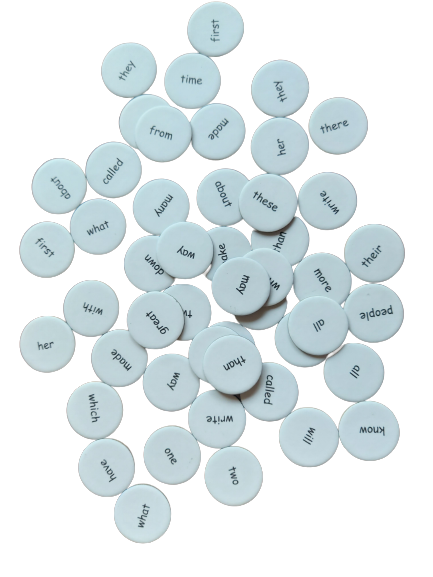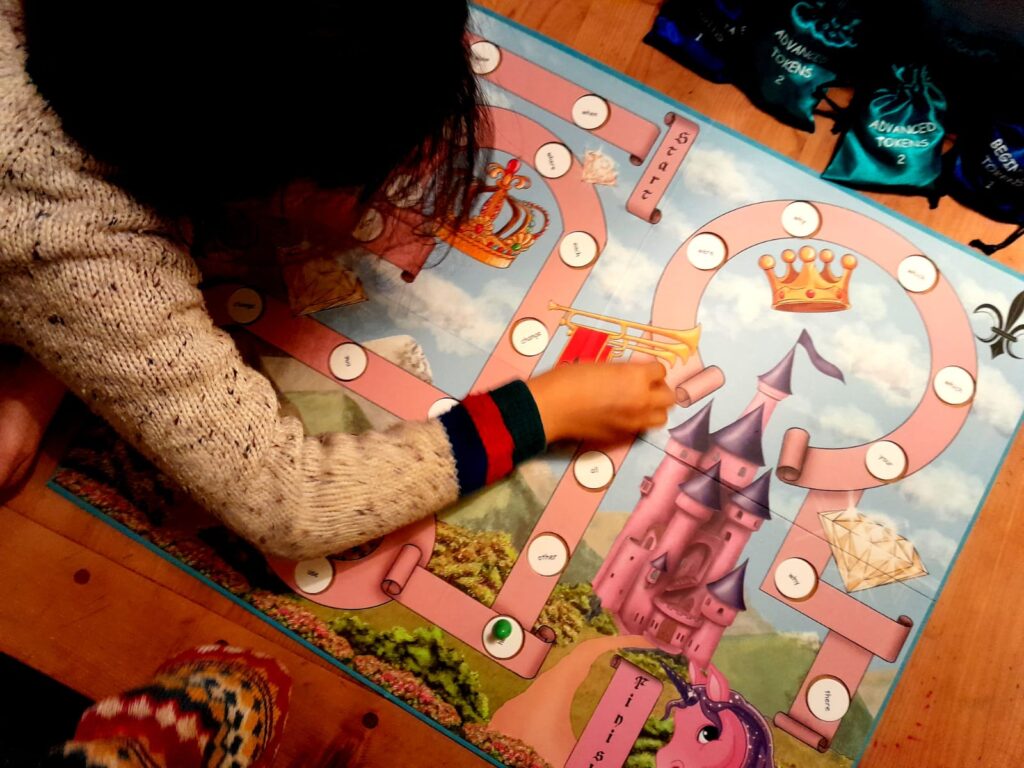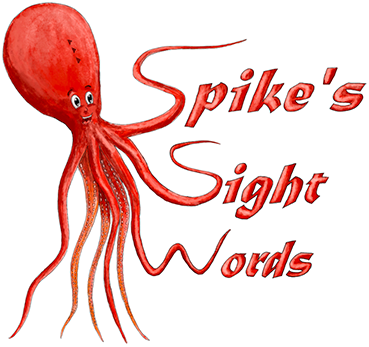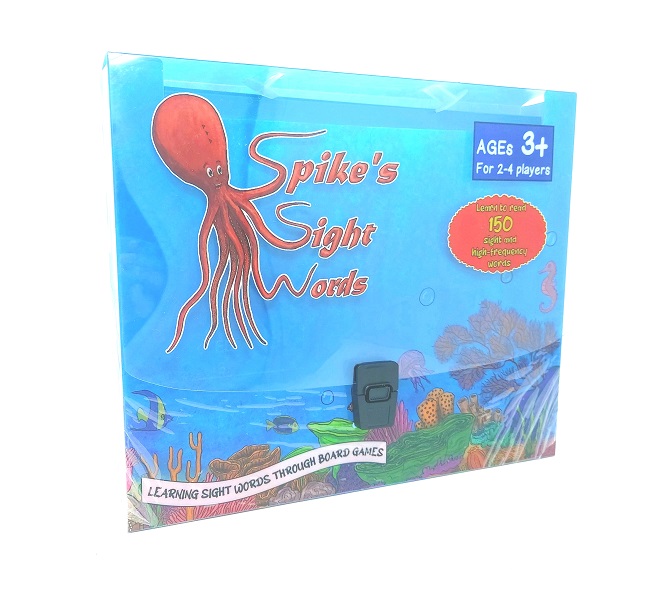
Precocious readers are children who often learn to read prior to entering school, and are able to read aloud and comprehend more like children who are at least two or three years older than themselves (Stroebel & Evans, 1988). These children have learned to read without any really coherent reading instruction from the adults around them. Instead, it seems these children gradually figured out the “code,” just asking for help as they needed it.

The most remarkable thing about precocious readers is that they are not all that remarkable. They are sometimes verbally gifted, but often not. Early talkers are not more likely than other children to be early readers, as one might think (Crain-Thoreson & Dale, 1992). Precocious readers are not unusually intellectually driven or academically motivated outside of simply wanting to learn to read and managing to do so at an early age.They come from all socioeconomic and cultural backgrounds, not just from families from which one might expect precocious readers to come. There are few common threads: there are usually children’s books around in their homes, and at least one parent generally spends time reading to them. It is often in the context of this shared reading that these children develop knowledge of letters and a store of sight words that may help get the process of learning to read started.
Parents of precocious readers often use rich language while interacting with their children (Davidson & Snow, 1995), but these children also seem to be instigating parents to use this rich talk.



